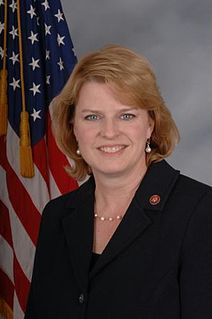A Quote by Alan Greenspan
Skilled shortages in America exist because we are shielding our skilled labor force from world competition. [Visa quotas] have been substituted for the wage pricing mechanism. In the process we have created [a] privileged elite whose incomes are being supported at non-competitively high levels by immigration quotas on skilled professionals. Eliminating such restrictions would reduce at least some of the income inequality.
Quote Topics
America
Because
Been
Being
Competition
Created
Eliminating
Elite
Exist
Force
High
High Level
Immigration
Income
Income Inequality
Inequality
Labor
Labor Force
Least
Levels
Mechanism
Our
Pricing
Privileged
Process
Professionals
Reduce
Restrictions
Shortages
Skilled
Some
Supported
Visa
Wage
Whose
World
Would
Related Quotes
We ought to be opening up our borders to skilled labour from all parts of the world because [the state of the world is as follows: ] if we were to do that we would increase the supply of skilled workers that our schools have been unable to create and as a consequence of that we would lower the average wage of skills and reduce the degree of income inequality in this country.
Most high-income people in our country do not realize that their incomes are being subsidized by their protection from competition from highly skilled people who are prevented from immigrating to the United States. But we need such skills in order to staff our productive economy, so that the standard of living for Americans as a whole can grow.
Minimum wage laws tragically generate unemployment, especially so among the poorest and least skilled or educated workers... Because a minimum wage, of course, does not guarantee any worker's employment; it only prohibits, by force of law, anyone from being hired at the wage which would pay his employer to hire him.
Especially for the young and the lowest-skilled, minimum wage becomes a toll that prevents many from entering the work force and gaining the skills that can make a low income or middle class worker a high income worker. This is so obvious that one wonders why liberals keep championing the minimum wage cause.
We have seen numerous instances in which American businesses have brought in foreign skilled workers after having laid off skilled American workers, simply because they can get the foreign workers more cheaply. It has become a major means of circumventing the costs of paying skilled American workers or the costs of training them.































